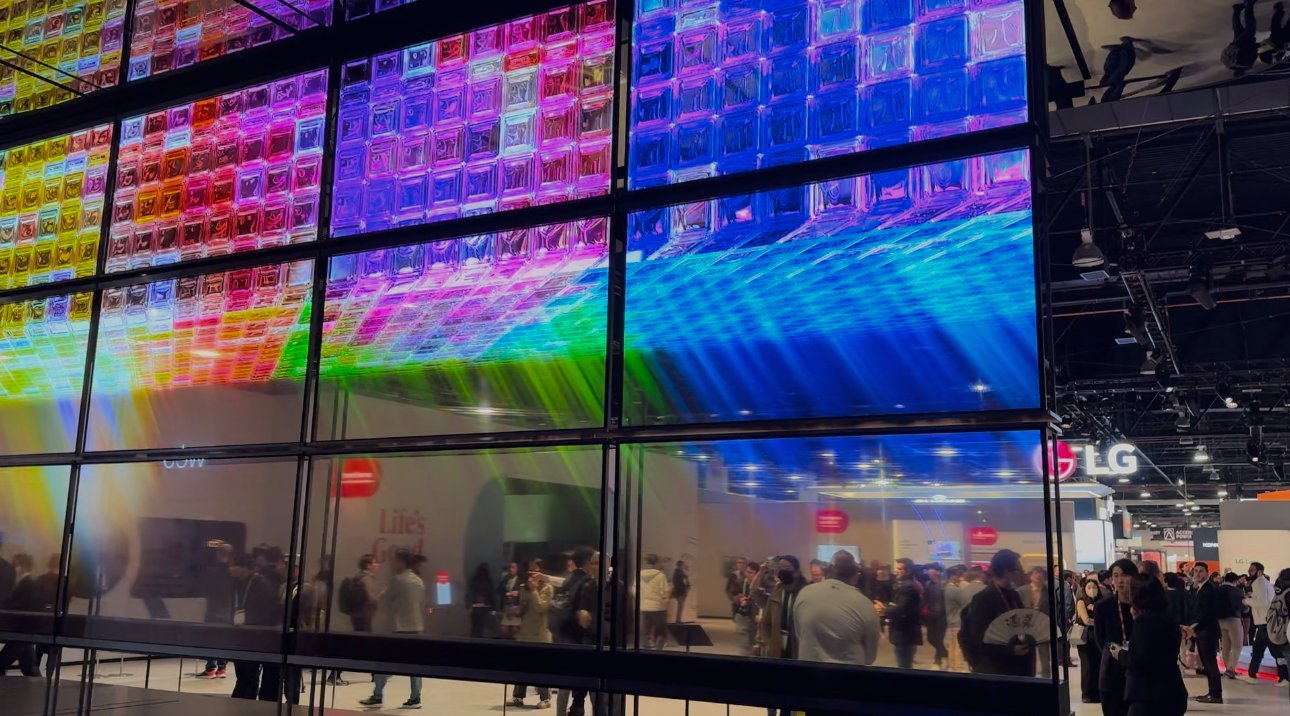Gaming-based content is reaching new heights
It's hard to miss the ongoing convergence of gaming within mainstream video entertainment. Though game adaptations within Western-made entertainment aren't a new thing (consider blockbusters like Tomb Raider from the early 2000s), there's been a definitive spike in recent years, with Halo, Mortal Kombat, and, more recently, the highly-anticipated Super Mario Bros. hitting the big screen.
With adaptations like HBO's The Last Of Us drawing in 8.1MM viewers of the finale, it's important to ask, what is driving this growth and how should brands be reacting?
Unique IP has never been more important, and games are inspiration
The recent explosion of game adaptations has occurred during a time of high TV and film production costs and, for the most part, low revenue. Especially at the box office, content revenues are recently mostly attributed to a few existing franchises. Given these franchises are owned by major studios, SVOD platforms look outward for new unique IP to monetize - and they're finding games appealing.
Quality improvement has also helped fuel popularity
According to Ampere Analysis, since 2017, game adaptation titles have been both higher-rated overall and critics' ratings have reached parity with audience ratings, indicating simultaneous increases in both quality and audience enjoyment.
Quality has been a recent driver of game adaptation popularity, and it's reciprocal. As popularity increases, so does quality.
How should brands be reacting?
Brands are and should continue to look for ways to boost consumer loyalty through IP extensions, and game adaptations are certainly a way to do that. However, the approach to gaming adaptations is just as important.
HBO achieved great success with The Last of Us, and much of that can be attributed to its approach - both in its creation and promotion of the show. It made a decision to put gamers first and stay true to the game. Which is fitting, considering 74% of UK gamers said they would watch the TV adaptation of The Last of Us each week to see how well it follows the original storyline.
The Last of Us was 1:1 with the game in regards to cinematography, dialogue and writing, and gamers found this especially appealing. In promoting the show, HBO engaged the gamer audience to establish authenticity with the existing fan base. It created key fandom events and immersive experiences to bring the video game to life. In these experiences, they paid special attention to gamers by leaving breadcrumbs throughout.
Brands must know their audience and stay true to the games they adapt. By remaining authentic and adding value where possible, gamers are likely to be on board with content and so is the wider audience.
Knowing the audience is the first step
AGM takes an audience-centric approach - we understand our target audience by conducting thorough research on their demographics, online behavior, and discovery preferences. This informs how and where we reach consumers through multiple touchpoints - including Paid Media, Earned Media, Brand Experience, and Partnerships - engaging them authentically through creative.
Our teams in EMEA have used these audience insights to push IP in various activations, from in-theater viewing parties and on-pack promotions, to rewards integrated in-game. Want to know more about how we help our clients stay ahead of the game? Get in touch.



